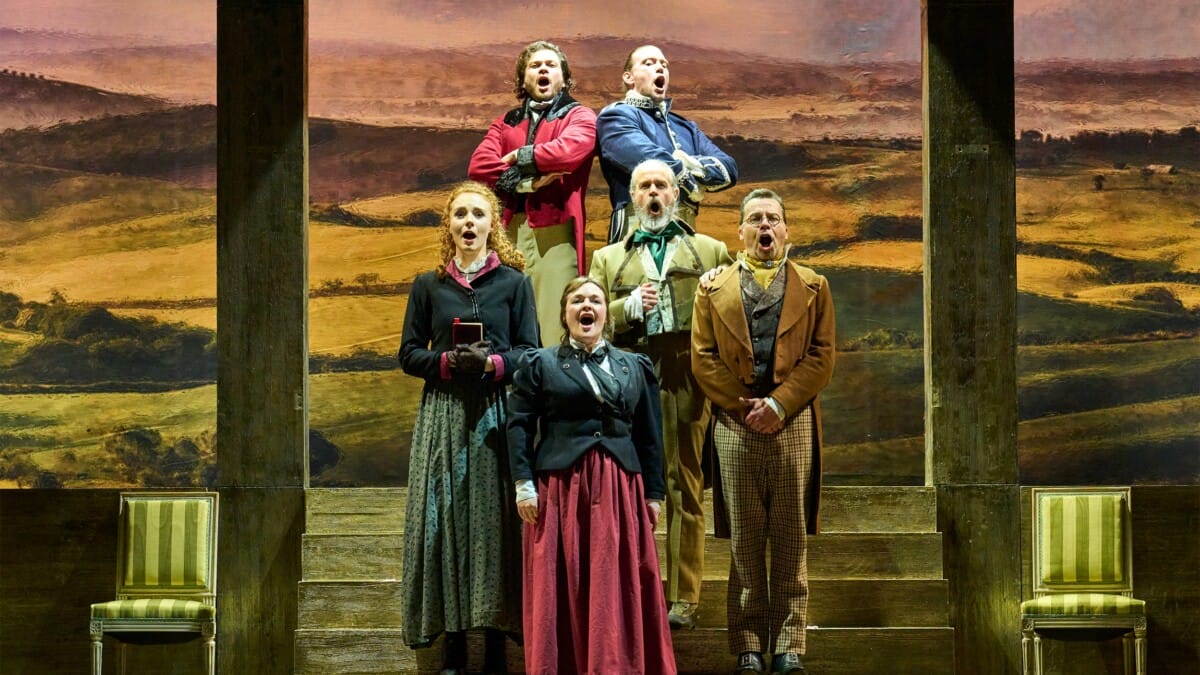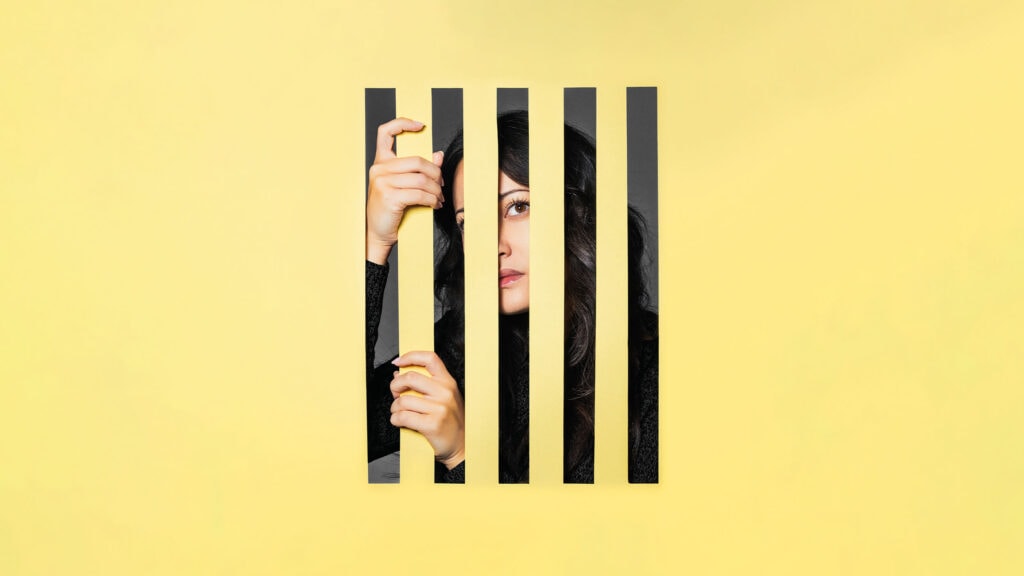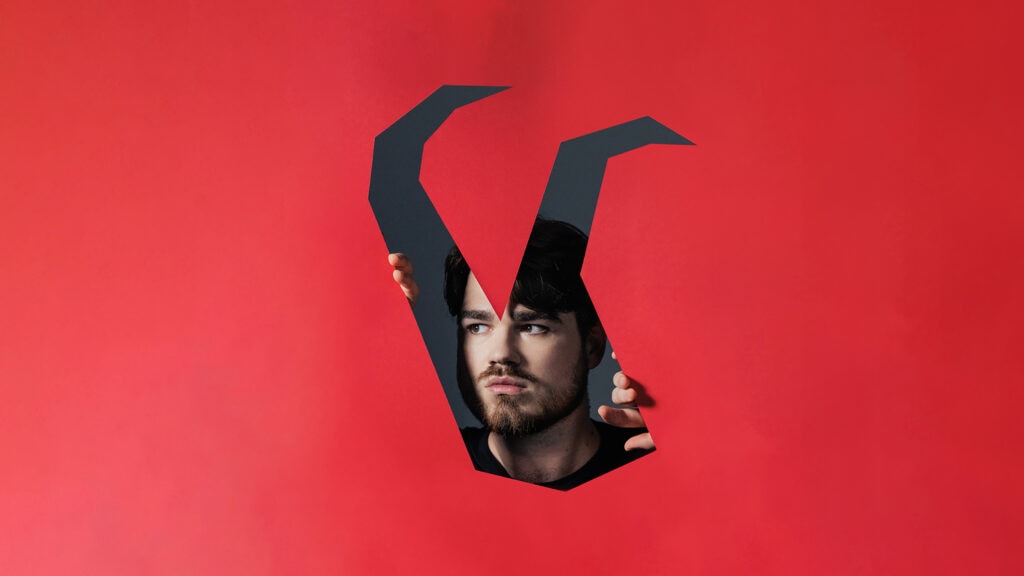
A beginner’s guide to our English Touring Opera season!
Thu 8 Feb 2024What makes Opera special?
Opera tells stories through music! Opera celebrates the amazing capabilities of the human voice; all singers perform without microphones, projecting over a live orchestra. Throughout the performance, the singing never stops. Even dialogue will be spoken or sung in rhythm. Opera is characterised by dramatic themes of passion and intensity, expressing the highest highs and lowest lows of emotion.
How do I know what’s going on?
All English Touring Opera’s performances, even those sung in English, feature surtitles on screens next to the stage. These screens project text of what is being sung so that you can better understand the singers and follow along with the plot. Plus, the story of an opera isn’t just told through singing; the sets, costumes and acting will all help you to connect with the story as well.
Act like an Opera pro:
- To wish an opera cast good luck, swap ‘Break a leg!’ for the phrase ‘Toi Toi Toi!’ (pronounced toy-toy-toy!)
- When you’re impressed by a performance, show your enthusiasm by clapping at the end of an aria (a song). To express further support, throw in an ‘encore’ (I want to hear it again!) or ‘bravo!’ (well done). If you want to look even more in the know, you can switch up ‘bravo’ to ‘brava’ to applaud a female singer or ‘bravi’ for more than one singer.
Talk like an Opera pro:
- Overture – At the beginning of an opera, the orchestra plays a piece of music to open the show. It features key parts of the music of the whole opera, so you may recognise snippets from it throughout the rest of the show.
- Libretto – the words being sung in an opera (like lyrics, but operafied).
- Recitative – words used for dialogue in operas. Usually sung with many words on the same note in a free rhythm that mimics ordinary speech.
- Coloratura – singing in elaborate melodies.
- Aria – a piece of music performed by a solo singer, accompanied by instruments.

Everything you need to know about Puccini’s Manon Lescaut:
Manon Lescaut is a devastating depiction of a woman wrestling with her desire for love on her own terms. Her struggle will take her through cities, across oceans, and even to prison!
Meet the characters:
- Manon: a young woman being sent to a convent by her father.
- Lescaut: Manon’s brother.
- Des Grieux: Manon’s lover.
- Geronte: a wealthy older man who wants Manon for his own.
Describe the opera in less than 10 words:
Tragedy, betrayal, ironies of fate and society’s hypocrisy.
Language: Performed in English with English captions.
Composer: Giacomo Puccini – an Italian genius! Some of his most famous arias include ‘O Mio Babbino Caro’ from his opera Gianni Schicchi or ‘Nessun Dorma’ from Turandot.

Everything you need to know about Stravinsky’s The Rake’s Progress:
When Tom Rakewell comes into an unexpected fortune, he deserts his love, Anne Trulove, for the delights of London with Nick Shadow. Nick leads Tom through a series of poor decisions, proving that ‘for idle hearts and hands and minds, the Devil finds work to do’.
The characters at the centre of the action:
- Tom Rakewell: a playboy.
- Anne Trulove: Tom’s fiancée.
- Father Trulove: Anne’s father.
- Nick Shadow: The Devil.
- Baba: The entertainer.
- Mother Goose: Brothel owner.
- Sellem: An auctioneer.
Describe the plot in 10 words or less:
Love, loss, dark comedy, corruption, naivety and arrogance.
Language: Performed in English with English captions.
Composer: Igor Stravinsky – a 20th century icon. He is most famous for his ballets, including The Firebird and The Rite Of Spring.

English Touring Opera will also be bringing their new opera for children and families, The Great Stink, to The Marlowe this spring.
Recommended for ages 7-11, The Great Stink is an interactive, fun-filled family show about The Great Stink of 1858. Join singers, musicians and puppets in Victorian London and learn all about water pollution and how to positively contribute to our local waterways.
Meet our characters:
- Joseph Bazalgette: Civil Engineer that created a central London sewerage system.
- Theresa: Joseph’s daughter, a young girl working to improve the environmental.
- Queen Victoria.
- Victorian Prime Minister Benjamin Disraeli.
- The river Thames!
Describe the plot in 10 words or less:
Poo – lots of it!
Language: English with English captions.
Composer: Omar Shahryar.
Writer: Hannah Khalil.
Tickets for Puccini’s Manon Lescaut on Friday 15 March.
Tickets for Stravinsky’s The Rake’s Progress on Saturday 16 March.
Tickets for The Great Stink on Saturday 16 March.
